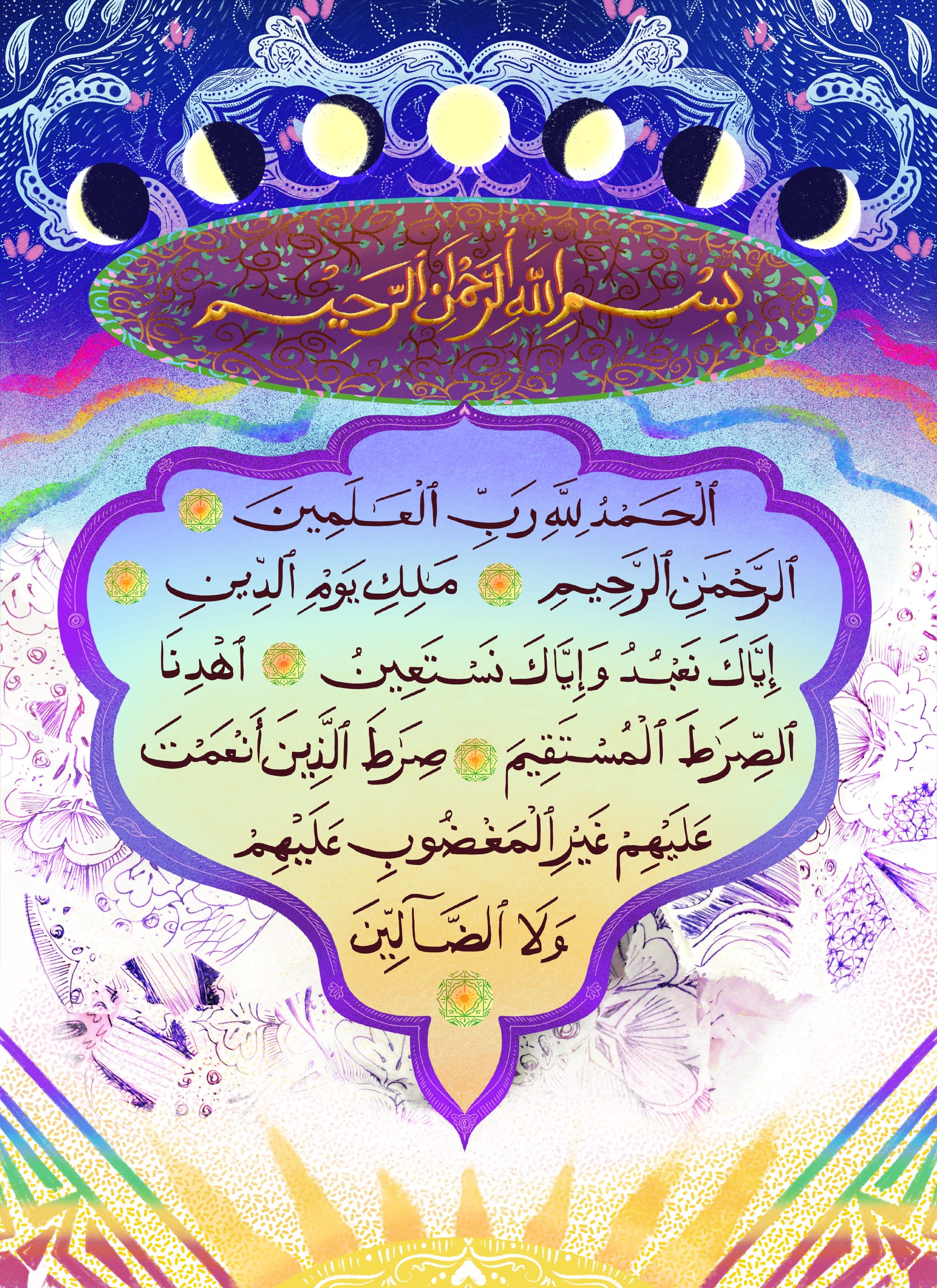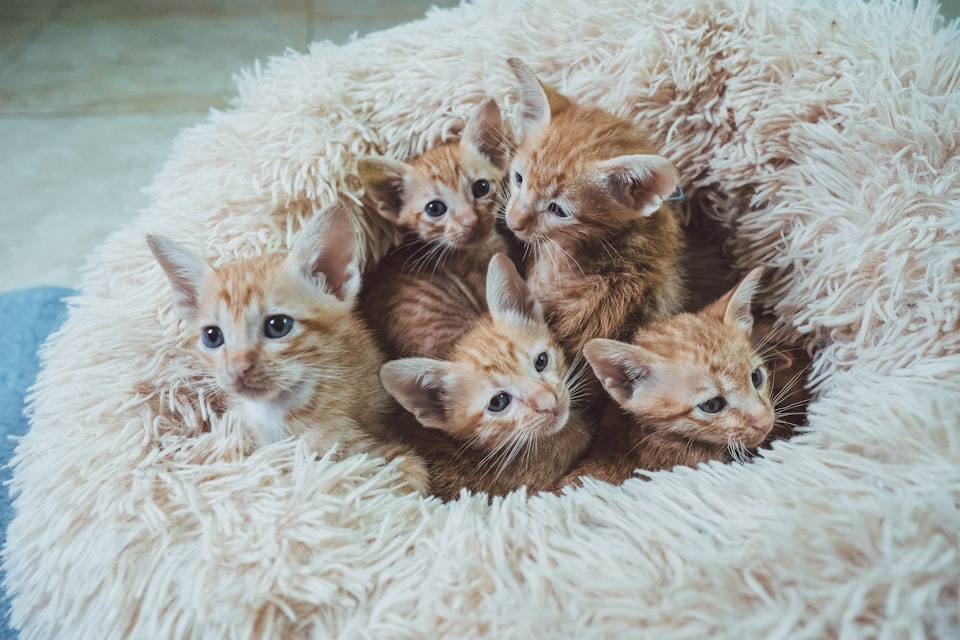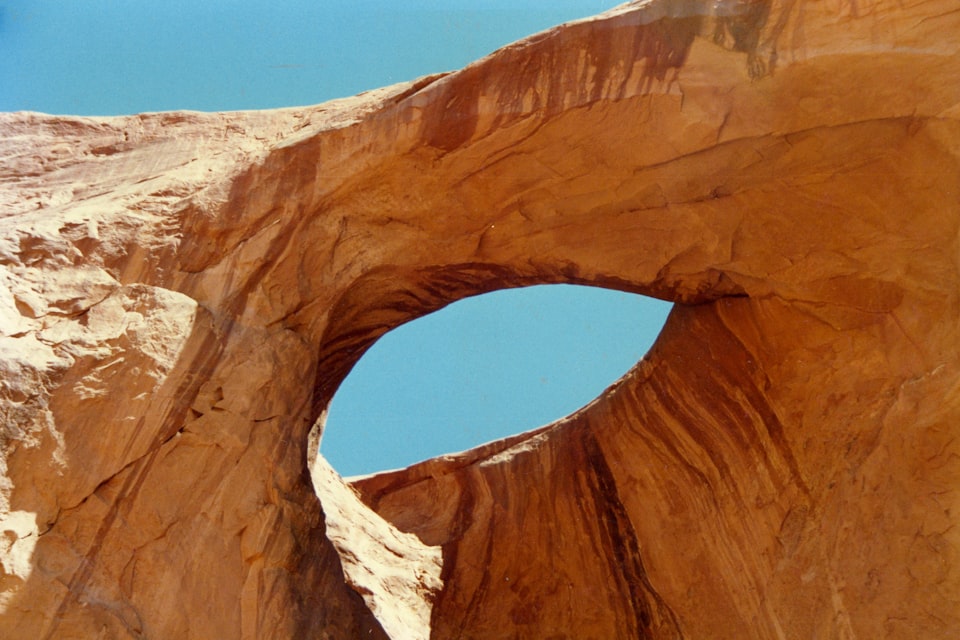Some inspiring elements of Islam (The Signs In Ourselves, Part 7 of 12):
In this part of the series, you’ll find stories about why queer Muslims hold fast to our status as believers, and what is it about Islam that inspires in us comfort and growth.
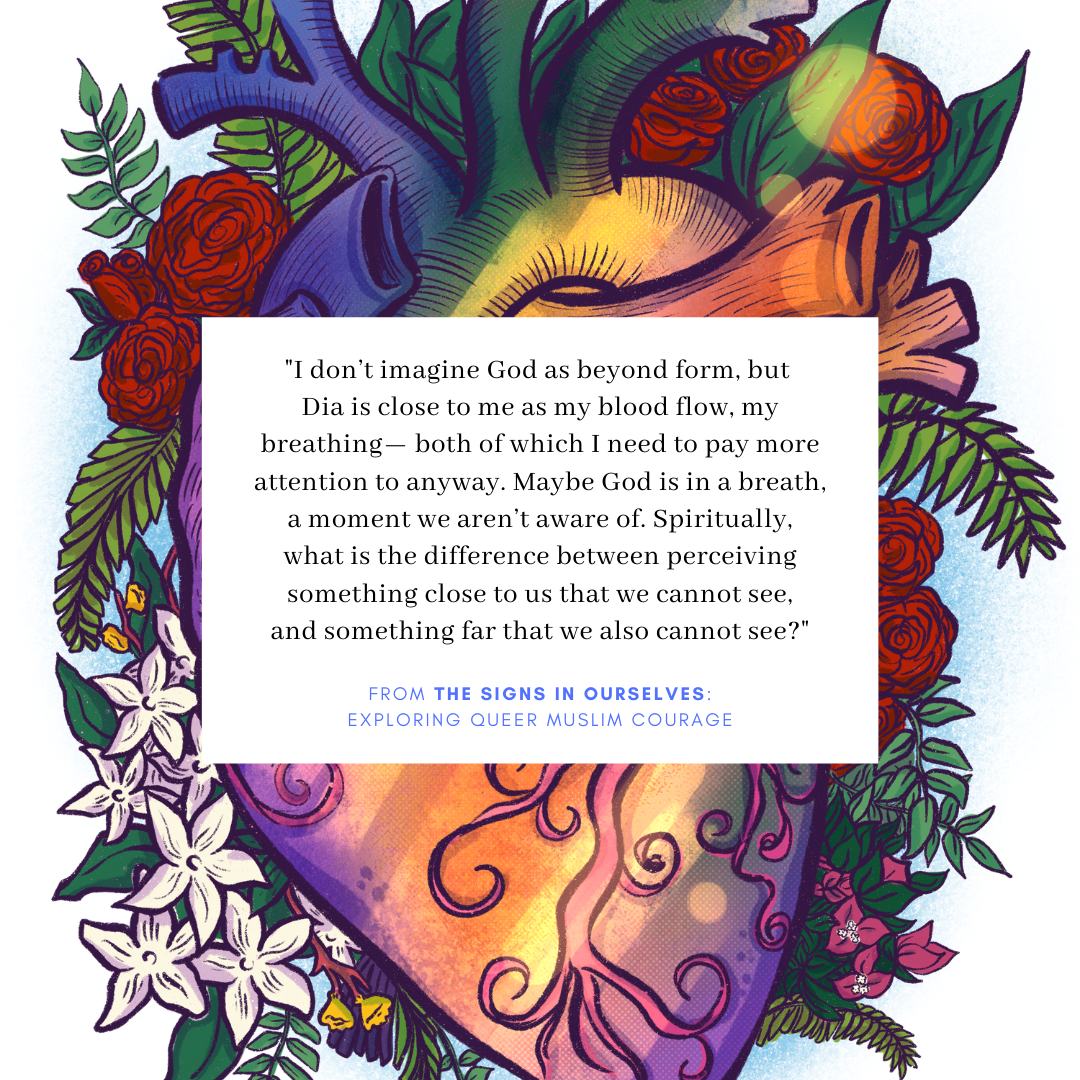
In this part, you’ll find stories about why we hold fast to our status as believers, and what is it about Islam that inspires in us comfort and growth. Something to think about while reading this is that it would be misleading to think of Islam as just a system of religious beliefs and practices. Islam is just as validly a social project for managing politics, economy, and law. Over 1400 years later, Islam is also a cultural and artistic peer of the Chinese civilisation, Western civilisation, Indian civilisation and more, with the architecture and artefacts to show for it. It isn’t always easy or possible to tell which ‘Islam’ is being referred to in conversation.
Exercise 6 invites you to consider why being a Muslim is something you choose for yourself. Then in the sidebar on the tawhidic paradigm for human rights, you’ll meet Exercise 7, an early crowd favourite and possibly the most loved exercise in this series.
- Some inspiring elements of Islam
- Why is 'Muslim' a persistent or resonant part of your identity?
- Exercise 6
- Whatever makes you better

SOME INSPIRING ELEMENTS OF ISLAM
When she struggles to move past the idea of God being distant and far away, she remembers this verse from the Qur’an.
“God is closer to you than your jugular vein (50:16). Sometimes it's not easy for me to imagine this. Allah seemed immaterial because I couldn't see Dia. So when I think of God, I fail every time. But then I think of the proximity in that verse. God, who I cannot visualise, yet is closer to me than anything I can imagine. It's a paradox, isn't it? God is pictured as shapeless, distant, formless. Yet is as close to me as the blood under my skin! Sometimes it can be hard to connect with an image like that. So I don't imagine God as beyond form, but Dia is close to me as my blood flow, as my breathing— both of which I need to pay more attention to anyway. Maybe God is in a breath, a moment we aren't aware of unconsciously. Spiritually, what is the difference between perceiving something close to us that we cannot see, and something far that we also cannot see? I find it fascinating.”
An inspiring part of Islam for her was the concept of time.
“I like how there’s always this sense of continuity I experience when I read the Quran or hadith— like the past is the present, the present is the future, its concept of time is relative and simultaneously timeless. I find that very fascinating. I prefer that openness, instead of saying you’ve done something bad in the past and because of that, you are who you are. You can always be a better person. I like the idea that you can change with time. There’s always an opportunity to change, to look at yourself, not only as an individual but also as part of a bigger entity. Everyone has a soul, the soul has a source, everything returns to Source. I’ve always been obsessed with the image of time as a scroll. It’s not linear. It’s all one and simultaneous. Scientists have been talking about this too, how it’s human nature to think of time as linear but it’s not.”
After almost a decade of embracing Islam, his community work is still informed by the idea of practising faith as a humbling social project.
“From very early on I remember one of the things that really inspired me about Islam was just how dedicated Muslims were, the intentions of the Quran to bring justice to society. There was a sense of something greater than the individual. Today I relate to this 'bigger than human' concept in a different way, but one thing that stayed consistent was the de-emphasis on the individual. Not to say we are formless blobs, but the recognition of something greater than us. Something we are a part of. At first for me it was the idea of God. As my understanding of Islam matures, I realise it's also the idea of a community that is bigger than you. The help you give, your contribution to others is also part of serving God. Not just other Muslims, bigger than that! Other communities, religious or non-religious. No man is an island. It's like the Quran says, God has sent different messages to different communities, and we are meant to learn from each other (49:13). At the end of the day it's about humility and recognising you are part of this bigger existence.”
As she completes her studies far from her home, she finds the most inspiring element of Islam is community.
“I've always been attracted to Muslim communities and how all over the world, there's a sense of bringing people together. The queer Muslim community that we have is very inspiring. We're such an interesting bunch! It’s inspiring to meet more queer Muslims, and other Muslims outside of what I know as the majority or mainstream. I experience this unspeakable calmness during congregational prayers. Of course I have the privilege of femme visibility, which means I look just like 'them' and that helps. But to feel that calmness, though, even for a second, is something I really cherish about being a Muslim. Being part of the Muslim community or its sub-communities feels like a sense of belonging. We're always trying to find each other. It reminds me of the basis of Islam, of tawhid, the Oneness of Allah.”

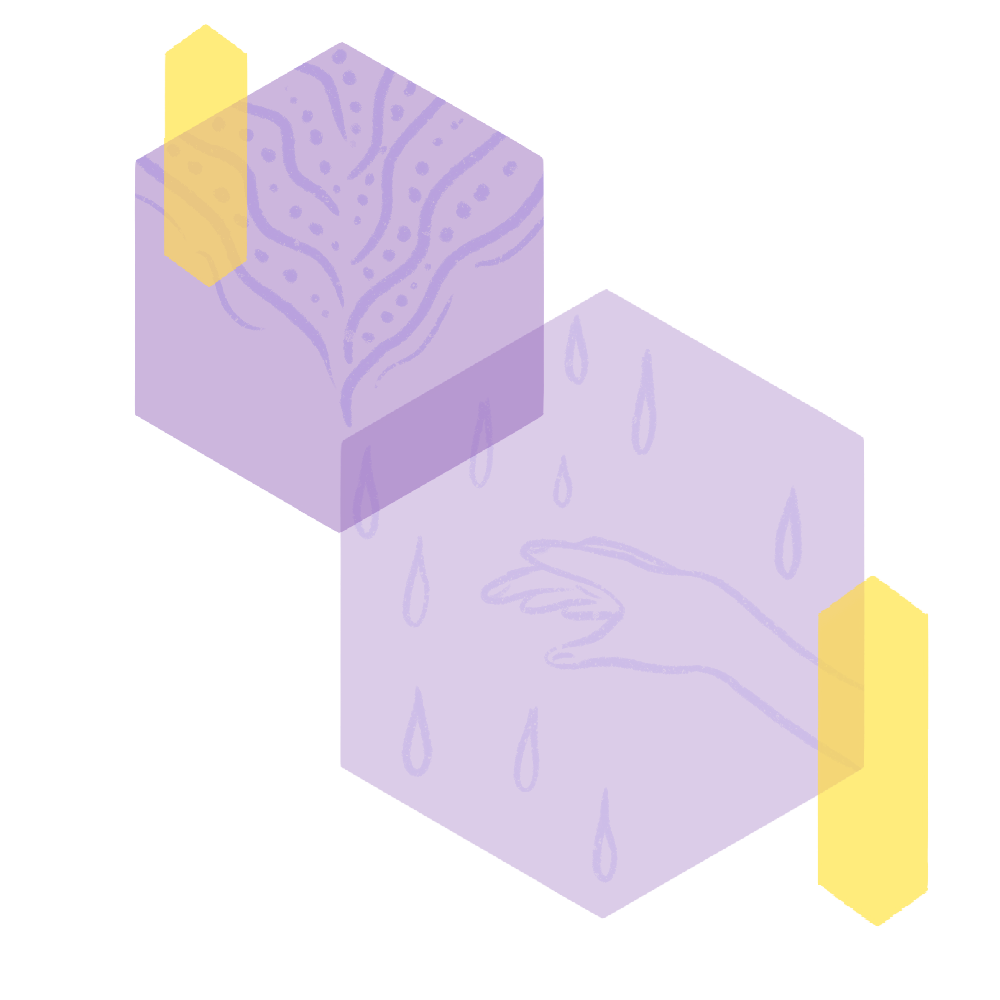
Why is ‘Muslim’ a persistent or resonant part of your identity?
What about Islam do you find personally inspiring?
- "Islam is so vast. It's not Islam that inspires me so much as other Muslims. We exist within so many intersections, our experiences differ, but there's a sense of unity that is amazing to be a part of when I'm around other Muslims who are accepting and non-judgemental. Ultimate coexistence is a wonderful thing to feel. We have such a rich history, and we're an essential part of the times too. People deliberately forget that, try to erase Muslim narratives. And despite that we are trying to persevere and build community." (18, USA, she/her)
- "The Qur’an itself. There is a mysterious beauty to it that I am finally exploring now I am older, without anyone forcing me to read because I ‘have’ to." (35, queer, she/her)
- "The concept of God’s Oneness in tawhid, and the Quran, which I continue to learn and be transformed by. From within the Sufi traditions, sohbat to keep company with those who inspire deeper faith and service, dhikr out loud in groups for synchronising the heart with the universe, salah for humility and Divine presence, fasting for surrender to embodiment on earth." (nonbinary, academic, they/them)
- "The oneness of Allah. The immediate, no mediation necessary, connection with Him. The kindness of the Prophet. The mercy and kindness inherent in Islam." (30, cis woman, she/her)
- "Accountability— that each individual is responsible for their own doings— is a repeated theme in the Quran." (gay femme, Pakistan, he/him)
- "If one reads the English translations of most of the surahs we read in prayer, they all ask for guidance, and not things of luxury. That for me is the most important part. Islam is here to guide us, not dictate us." (27, India, she/her)
- "Setting one’s intentions. I realise that action without intention is empty. While there is an aspect of performing one’s faith, I realise that I’m first a human being with flaws, and then I’m a spiritual being with intentions." (trans, Bangladesh, he/him)
- "If I had to choose one thing, it's the Asma ul-Husna, the Beautiful Names of Allah. They have inspired, moved and delighted me ever since I was a child, listening to the nashid on local television. I still hold them in awe and reverence now, after all these years. I cannot hear them being recited or sung in nashid without getting goosebumps." (41, gay, he/him)
- "The one thing that I find really beautiful about Islam is that Islam is not hierarchical in its interpretations. Islam doesn’t have a kingdom that rules over all interpretations, so every Muslim has their own interpretation. We are not obligated to follow fatwa because every Muslim has their own personal capacity to interpret everything. We have personal authority. We don’t have to follow hierarchical statements or anything. But of course this reality is clouded by politics which makes that hard to practice." (29, Indonesia, he/him)
- "When I read the Quran, I understand that women were born capable of freedom. Freedom to marry or not, to be a mother or not, to have their own resources. This inspires me to believe that Islam is not a religion formed to oppress as we see in the conservative Muslim majority society of Indonesia." (bisexual, artist, she/her)
- "The concepts of mercy, forgiveness, and inclusiveness." (social worker, Malaysia, he/him)
- "The emphasis on cleanliness— I can't imagine using just toilet paper honestly." (bisexual, journalist, she/her)
- "The uniqueness of recitation, chanting, dhikr— which I learned through Sufism. A scholar, I can’t remember who, said that the highest dhikr in Islam is contemplating. Sitting down, thinking about God, seeing God in everything. One of my sheikhs told me that you don’t even need to say His name, because everything you see has His name." (55, Singapore, she/her)
- "Islam’s emphasis on the pursuit of knowledge and embracing change as the most fundamental reality of our existence gives me goosebumps. Most orthodox believers look at Islam as a religion that is out of time and place, a sort of ‘fixed’ ideal society. Looking forward to embracing change as the reality of life inspires me particularly, and helps me look at the Quran as a text bestowed upon us for all ages and generations." (academic, trans, he/him)
Exercise no.6
from the workbook The Signs In Ourselves
Your Turn: Personal Reflection
What about Islam do you find personally inspiring? Why is ‘Muslim’ a persistent or resonant part of your identity?
Collective Discussion
Read and discuss the answers in this section. Which do you agree with? What would you add to the list?

WHATEVER MAKES YOU BETTER
Despite an entire life spent in Islamic studies, he doesn’t believe there is anything special about ‘choosing’ Islam over any religion. “I chose Islam personally because I was born into it, am familiar with Muslim culture, methodologies, and environment.”
He instead sees faith as a practice developing in its own unique process and time. “Say we are building a table. We'll need input— things to make a table with, like wood, nails, a saw. We need process— in this case it's woodworking. Then we have the output, which is a table of course. If in the process, the carpenter is someone with experience, the table will look quite good, even if plain in shape or pattern. But someone who has explored and seen many other tables might decide to express that in their table a certain way. I think having faith is like this. Different religions have different inputs and processes.”
He demonstrates with the example of prayer. “With a ritual like prayer, what Allah says about it is that prayer helps you avoid what is bad for you. So we don't pray for God, we pray to prevent ourselves from harm, which is to say we pray to be a better person, sibling, child, parent, friend, neighbour, citizen. Many say to me: If I become a Muslim there are so many rituals. I am someone who believes in rituals and adheres to them strictly. But Islam is bigger than ritual. If you pray but you are corrupt, if you pray but oppress others, what is the point anyway? It's not about the form, it's about the substance.”
He relates a hadith where the Prophet Muhammadﷺ first arrives to Madinah. “When people asked him what Islam is, he said: Islam is to spread peace, that which is good. Feed the hungry. Connect together and do not argue. Pray in the dead of night when everyone is asleep and doesn't see you. So he prioritises being a good person, feeding the needy, making peace. The ritual itself comes last, and isn't even witnessed by anyone. Whether you pray or not, what if you can somehow make sure others are safer?"
At its core, what matters is that one’s spirituality yields a praxis of harm reduction and kindness. “Underlying all religions is the call to be better, from Buddhism to Christianity. Even non-religious people still aim for the same. The end goal for all people is to be kind and decent to ourselves and to all life, plants and creatures included. There isn't anything inherently special about any particular religion, what is special is that we become a better person. If even without religion you can still achieve that, then you should. There are many ways to the same destination. At the end of the day, if it can make you better, then go ahead. God will not look at our religion, but what we did with other people and living beings. That's why there are so many hadith where the Prophet Muhammadﷺ says one has no iman as long as they don’t love others the way they love themselves, or one is not a believer who goes to bed while their neighbour is hungry. It makes sense. How can a person sleep easily knowing their neighbour is starving? Religion is just a medium. It is everyone that matters.”

This post is adapted from The Signs In Ourselves (pp. 57-61), a queer spiritual wellbeing workbook inspired by Qur'an verses 41:53, 51:20-21, and interviews with Southeast Asian Muslims. Written by Liy Yusof and illustrated by Dhiyanah Hassan, it was made available online in 2020 by the Coalition for Sexual & Bodily Rights in Muslim Societies. May Allahﷻ accept this offering and bring it to those who need it. Letters and inquiries: qmcourage [at] gmail [dot] com.
